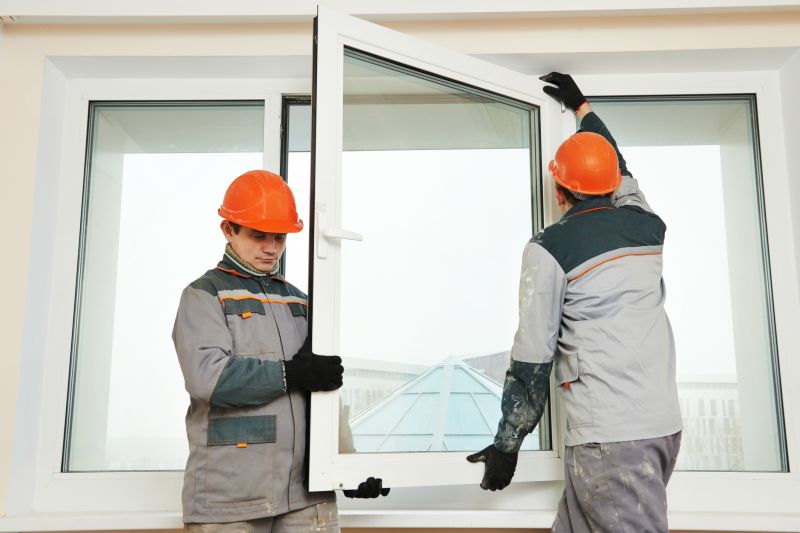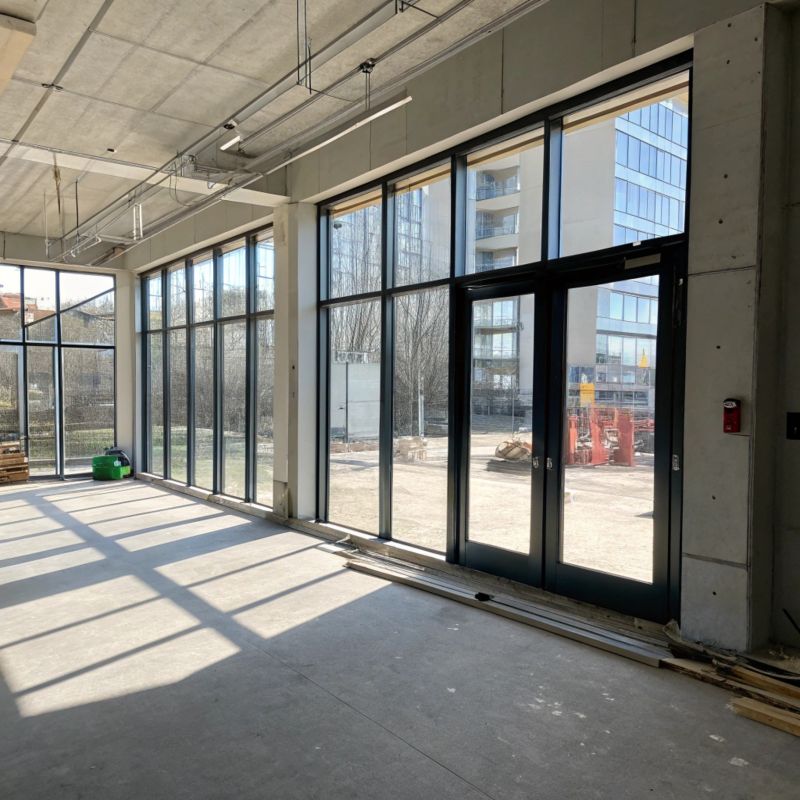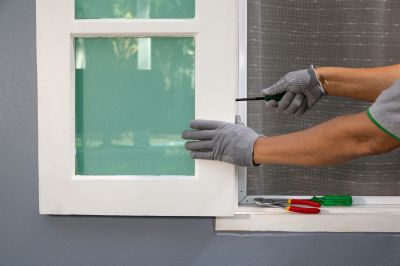Optimal Timing for Windows Installations
Understanding the optimal timing for Windows installations can enhance system performance and minimize disruptions. The decision depends on various factors including workload schedules, hardware readiness, and user availability. Proper planning ensures a smoother transition and reduces potential downtime.
Spring and fall are often preferred due to milder weather and lower system usage, reducing the impact of updates and setup processes.
Weekends or days with minimal operational activity are ideal for installations, allowing ample time for setup and troubleshooting.
Scheduling during periods of low activity ensures minimal disruption to daily workflows and productivity.
Performing installations when hardware is fully prepared and compatible reduces the risk of errors and delays.

Visual overview of the steps involved in installing Windows on a computer.

Ensuring hardware compatibility before initiating the installation process.

Scheduling installations during optimal times for minimal disruption.

Upgrading existing systems to the latest Windows version.

Performing a fresh installation for optimal system performance.

Configuring settings and installing updates after Windows setup.

Addressing common issues during Windows installation.

Ensuring data safety prior to system changes.

Real-world scenarios of Windows setup and upgrades.
| Aspect | Optimal Timing |
|---|---|
| Season | Spring or Fall |
| Day of the Week | Weekend or low-activity days |
| Business Cycle | During slower operational periods |
| Hardware Readiness | When hardware is fully compatible and prepared |
| System Usage | Periods of minimal user activity |
| Weather Conditions | Mild weather conditions for easier setup |
| Maintenance Windows | Scheduled during planned maintenance times |
| Update Availability | When updates and support are readily available |
Windows installations are a critical component of maintaining up-to-date and secure computing environments. Proper timing can prevent unnecessary disruptions and ensure compatibility with existing hardware and software. Regular updates and clean installations can improve system stability, security, and performance, making timing considerations an essential part of planning.

Key steps in preparing for a Windows installation.

Verifying system components before installation.

Choosing the best time for system upgrades.

Final setup steps after Windows installation.

Ways to make Windows Installations work in tight or awkward layouts.

Popular materials for Windows Installations and why they hold up over time.

Simple add-ons that improve Windows Installations without blowing the budget.

High-end options that actually feel worth it for Windows Installations.
Interested in scheduling a Windows installation or upgrade? Filling out the contact form can provide additional guidance and support tailored to specific needs. Proper timing and preparation are vital for a successful transition to the latest Windows environment.

